How Do Scalpers Get Tickets Before Selling Them
Ticket scalping isn't just about reselling - it's about controlling the market before fans even get a chance. But how do scalpers get tickets before selling them? The real issue isn't just bots or shady deals - it's a system designed to benefit resellers at every level.
From hidden ticket allocations to strategic price inflation, let's expose the ruthless tactics keeping real fans locked out.
In this article, we will:
- Reveal the secret tactics scalpers use to secure tickets before real fans
- Learn how scalpers influence your buying choices
- Find out who truly benefits from the ticket scalping game
Inside the Scalper's Playbook: How They Snatch Tickets Before You Can
Ever wondered how tickets to your favorite concert sell out in seconds, only to appear on resale sites at double the price? You're not alone. The frustrating reality of modern ticket buying is that scalpers have developed sophisticated methods to gain an unfair advantage over genuine fans. Let's pull back the curtain on these practices.
Automated Bots: The Digital Army
Scalpers don't manually click "buy" thousands of times - they deploy powerful automated software that operates at superhuman speed. These bots can:
- Complete purchase forms in milliseconds, far faster than any human
- Monitor multiple ticketing websites simultaneously
- Automatically bypass waiting rooms and digital queues
- Purchase hundreds of tickets in the time it takes you to select your seats
Major ticketing platforms like Ticketmaster and Twickets have reported that bots can comprise up to 60% of traffic during high-demand sales. Despite anti-bot measures, scalpers continuously update their technology to stay ahead of security enhancements and the law.
Pre-Sale Exploitation: The Early Bird Advantage

Pre-sales were designed to reward loyal fans, but scalpers have turned this benefit into a vulnerability through systematic exploitation:
- Joining multiple fan clubs and loyalty programs specifically to access presale codes
- Purchasing pre-sale codes from online marketplaces
- Creating fraudulent accounts to receive promotional emails with exclusive offers
- Taking advantage of credit card partner pre-sales by obtaining multiple eligible cards
For major events, scalpers may invest thousands of dollars in fan club memberships across multiple accounts, knowing the potential profit will easily cover these initial costs.
Bulk Purchases with Multiple Accounts: Digital Disguise
To circumvent ticket limits, scalpers create an arsenal of fake identities through identity multiplication:
- Establishing dozens or even hundreds of accounts across ticketing platforms
- Using different email addresses, phone numbers, and IP addresses to avoid detection
- Employing multiple payment methods, including prepaid cards, different credit cards, and digital payment services
- Coordinating teams of people to purchase simultaneously under different identities
Some sophisticated operations maintain databases of thousands of consumer profiles, complete with unique digital fingerprints that make each account appear legitimate to ticketing systems.
Insider Connections: The Hidden Network
Perhaps the most troubling method involves exploiting industry relationships to gain privileged access:
- Forming partnerships with venue employees who have access to ticket allocations
- Paying promoters for a portion of their personal ticket allotments
- Bribing box office staff for preferential treatment or early access
- Establishing relationships with entertainment industry insiders who receive complimentary tickets
These insider connections often operate in gray areas of legality and ethics, with cash payments and untraceable transactions making them difficult to detect or prevent.
Buying from Primary Purchasers: The Second Wave
Not all scalping happens through direct purchases. Opportunistic scalpers also:
- Monitor social media for people selling tickets due to changed plans
- Offer immediate cash to primary buyers outside venues or online
- Create a false urgency to convince original buyers to sell below potential resale value
- Target distressed sellers who can no longer attend events and need to offload tickets quickly
This approach requires less technical sophistication but more interpersonal manipulation and timing, targeting vulnerable sellers who may not realize the true market value of their tickets.
Exploiting Errors & Loopholes: Finding the Cracks
Ticketing systems aren't perfect, and scalpers excel at finding and exploiting weaknesses:
- Discovering unpublished URLs that provide early or unrestricted access
- Taking advantage of timing glitches when tickets go on sale slightly before announced times
- Identifying coding errors that allow purchase limit bypasses
- Exploiting payment processing delays to secure more tickets than allowed
One infamous example occurred when scalpers discovered they could access a hidden ticket pool for a major tour by manipulating specific parameters in the ticketing website's URL, securing premium seats before they were officially available to the public.
Psychological Pressure Points: How Scalpers Push Buyers Beyond Price Limits
Why do rational people willingly pay double, triple, or even quadruple the original price for tickets? It's not just about getting into events - it's about the powerful psychological triggers that scalpers expertly exploit. These mental mechanisms explain why the scalping industry thrives despite consumer frustration.
The FOMO Effect: Our Greatest Vulnerability
Fear of missing out isn't just a casual phrase - it's a powerful psychological driver that scalpers expertly exploit:
- The brain processes FOMO in the same regions associated with physical pain, making avoidance of this feeling a primal instinct
- Research shows that 79% of millennials and Gen Z cite FOMO as their primary motivation for overpaying for experiences
- When an event is labeled as "once-in-a-lifetime," the fear of regret becomes a stronger motivator than the pain of financial loss
- Social media intensifies FOMO by creating a continuous stream of evidence that others are having experiences we're missing
Scalpers understand that when you're weighing "paying too much" against "missing Taylor Swift's entire tour," many fans will choose the financial hit over the emotional one.
The Urgency Trap: Creating Time Pressure
Scalpers manufacture a sense of emergency through carefully orchestrated artificial scarcity tactics:
- Ticketing sites displaying messages like "8 other people are viewing these seats right now" create immediate anxiety
- Countdown timers on purchasing pages trigger the brain's fight-or-flight response, short-circuiting rational decision-making
- Limited inventory notifications ("Only 2 tickets left at this price!") activate loss aversion, a cognitive bias where avoiding loss feels more important than achieving gain
- The constantly fluctuating prices on resale platforms create gambling-like uncertainty that paradoxically increases purchase likelihood
These tactics effectively compress the decision timeframe from "let me think about it" to "I need to buy NOW," eliminating the cooling-off period where rational thinking might prevail.
The Science of Price Manipulation

Scalpers aren't randomly setting prices - they're using sophisticated psychological pricing strategies:
- Starting with extremely high prices and then "reducing" them creates an illusion of getting a deal, even when prices remain well above face value
- The anchoring effect means that once we see a $1,000 ticket, a $600 ticket suddenly seems "reasonable" even if the original price was $150
- Odd-number pricing (e.g., $499 instead of $500) continues to be effective even when consumers are aware of the tactic
- Dynamic pricing algorithms that raise prices based on browsing history exploit the fact that repeated exposure increases willingness to pay
Perhaps most insidiously, scalpers understand that after a fan has invested time searching for tickets and emotionally committed to attending, their perceived switching costs become so high that almost any price seems justifiable.
Social Validation: "Everyone Else Is Going"
The power of social influence creates a self-reinforcing cycle that benefits scalpers:
- When celebrities or influencers post about attending an event, fans experience elevated social pressure to participate regardless of cost
- High resale prices actually create a perception of exclusivity and heightened value - the Veblen effect - where higher prices paradoxically increase desirability
- The bandwagon effect means that as more people purchase resale tickets, others feel validated in doing the same
- Social identity theory explains why fans will pay dramatic premiums for events tied to groups they identify with - a phenomenon particularly powerful among sports fans and music subcultures
Studies show that the perceived social capital from attending high-profile events can outweigh financial considerations, especially when the experience will be shared on social media.
The Sunk Cost Fallacy: In Too Deep to Turn Back
Once a fan begins the ticket search process, psychological momentum makes it difficult to abandon:
- After spending hours refreshing pages during an initial sale, fans feel they've already invested too much to walk away empty-handed
- Planning around an event (booking travel, requesting time off work) creates a psychological commitment that makes any price seem justified
- The almost-ownership effect means that once someone visualizes themselves at an event, they assign it higher value
- Post-purchase rationalization ensures that even those who pay extreme markups will often convince themselves it was worth it afterward
This explains why fans who initially refuse to pay above face value often find themselves, hours later, rationalizing paying double or triple what they originally budgeted.
The Hidden Players in Ticket Scalping: Who's Really Profiting?
Ticket scalping isn't just about individual resellers flipping seats for profit. Behind the scenes, major corporations, industry insiders, and even event organizers are quietly profiting from the secondary market - often making it even harder for genuine fans to access tickets at reasonable prices.
UNCOVERED: The Corporate Giants Behind the Resale Economy
| Platform | Seller Fee | Buyer Fee | Est. Annual Revenue |
|---|---|---|---|
| StubHub | 15% | 10-25% | $1.5+ billion |
| Vivid Seats | 10-15% | 20-30% | $870 million |
| SeatGeek | 10-15% | 15-25% | $400+ million |
These platforms don't merely connect buyers and sellers - they've built sophisticated economic engines that:
- Provide professional sellers with inventory management tools
- Offer data analytics to help determine optimal pricing strategies
- Create user interfaces designed to trigger urgency and impulse purchases
- Apply dynamic fee structures that increase with demand
INDUSTRY SECRET: When you see a ticket priced at $500 on these platforms, the seller might receive just $400, while the platform collects $100 or more in combined fees from both parties.
The Industry's Open Secret: Artist & Promoter Involvement
💡 What fans don't realize: Many artists publicly denounce scalping while privately benefiting from it.
How the behind-the-scenes system works:
- Reserved ticket allocations - Only 70-80% of tickets for major events are typically made available to the general public
- "Slow-release" strategies - Tickets are deliberately held back and released in small batches to maintain the appearance of high demand
- Industry partnerships - Some management teams have formal arrangements with secondary sellers:

CASE STUDY: A 2019 investigation by Billboard revealed that for one major tour, the artist's team privately placed over 4,200 premium tickets per show directly on resale platforms at inflated prices while publicly criticizing " scalpers" for the same practice.
The Venue & Primary Seller Connection
The very entities that control initial ticket distribution often have financial stakes in the resale market:
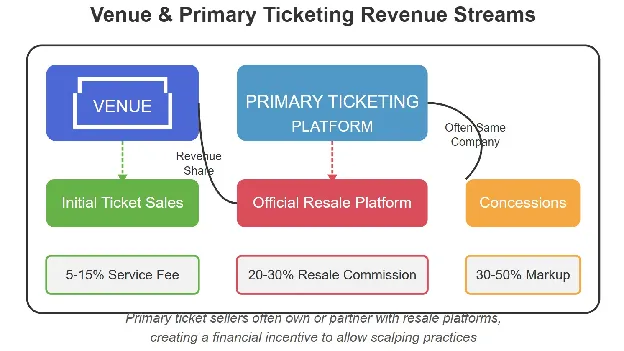
Follow the money trail:
- Venues typically receive 5-15% of all concession and merchandise sales, incentivizing them to ensure seats are filled regardless of ticket distribution methods
- Many primary ticketing companies have launched their own resale platforms or acquired existing ones:
- Ticketmaster → operates its own "Official Platinum" and resale tickets
- AXS → owns and operates AXS Resale
- Several venue groups → have exclusive resale partnerships with specific platforms
The Corporate & Professional Reseller Network
Not all secondary selling comes from opportunistic individuals - organized businesses dominate the landscape:
- Ticket brokers operate as legitimate businesses with licenses, employees, and sophisticated purchasing technologies
- Corporate hospitality companies purchase large blocks for client entertainment, often reselling unused inventory
- Season ticket holders frequently operate as semi-professional resellers, selling premium games at markup to subsidize their overall costs
- Concierge services and membership clubs offer "impossible to get" tickets as perks for wealthy clients
INDUSTRY ESTIMATE: Of the estimated $15 billion secondary ticket market, over 70% flows through professional resellers rather than individual fans reselling unwanted tickets.
Don't Fall for the Trap and Spot Scalper Tactics
Scalpers exploit bots, insider deals, and loopholes to control the ticketing market. By recognizing these tactics, * fans can make informed decisions and avoid overpriced resale traps.*
Advocating for fairer ticketing policies and using trusted platforms can help level the playing field. Stay alert, act wisely, and don't let scalpers win.
Protect your site from bots with Prosopo's CAPTCHA solutions. Get started for free today!
Prosopo Can Help You Prevent Ticket Bots
Prosopo works with major ticketing platforms to prevent ticket bots and ensure fair access for genuine fans. If you're interested in learning more, please get in touch below.
Related Posts to How Do Scalpers Get Tickets Before Selling Them

Which Security Risks Does CAPTCHA Pose: Critical Flaws?
Tue, 25 Mar 2025

What do Artists do to Prevent Ticket Scalping?
Wed, 02 Apr 2025
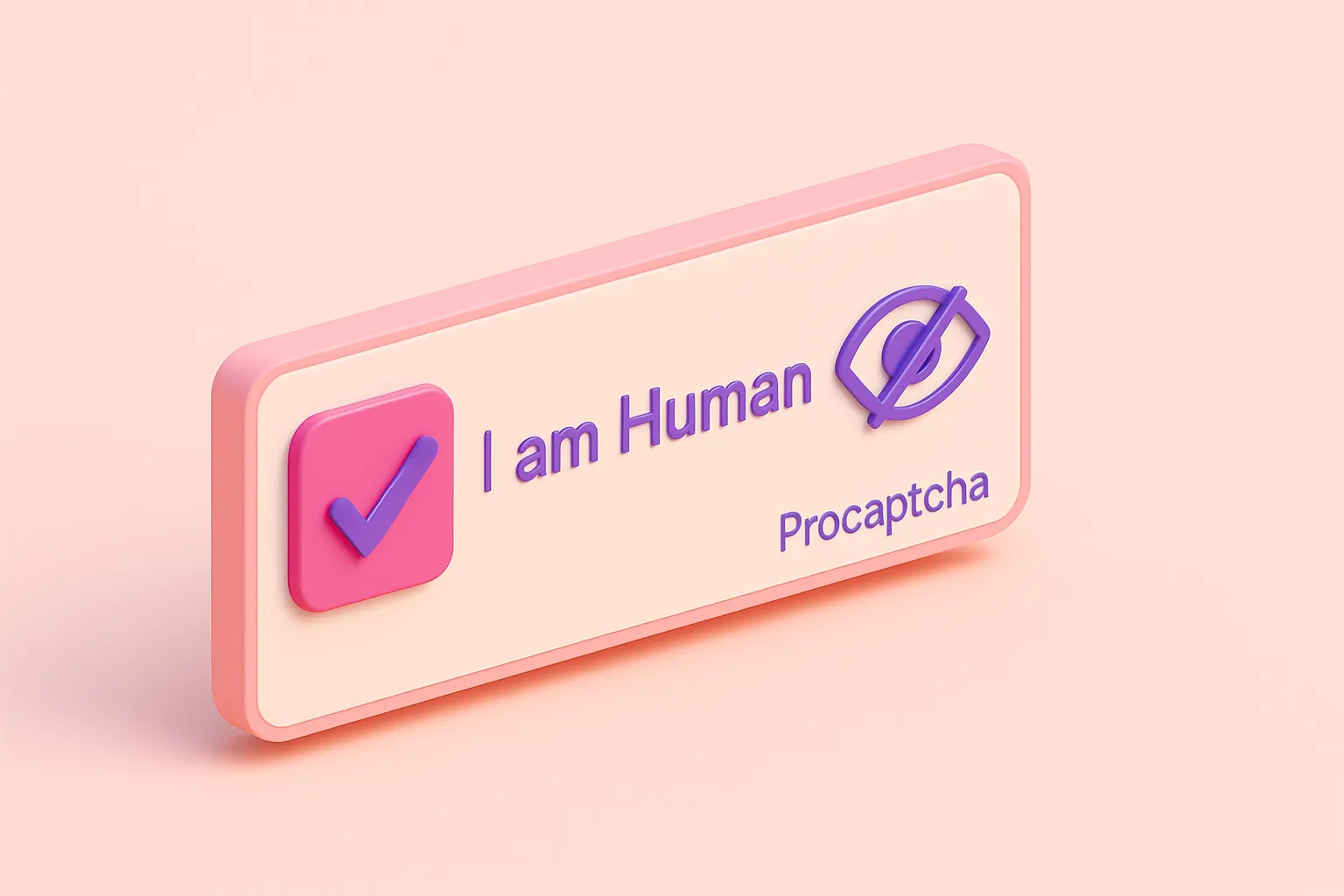
What is the Future of CAPTCHA and Online Privacy
Thu, 03 Apr 2025

What Privacy Laws Should CAPTCHA Providers Comply With
Sun, 06 Apr 2025
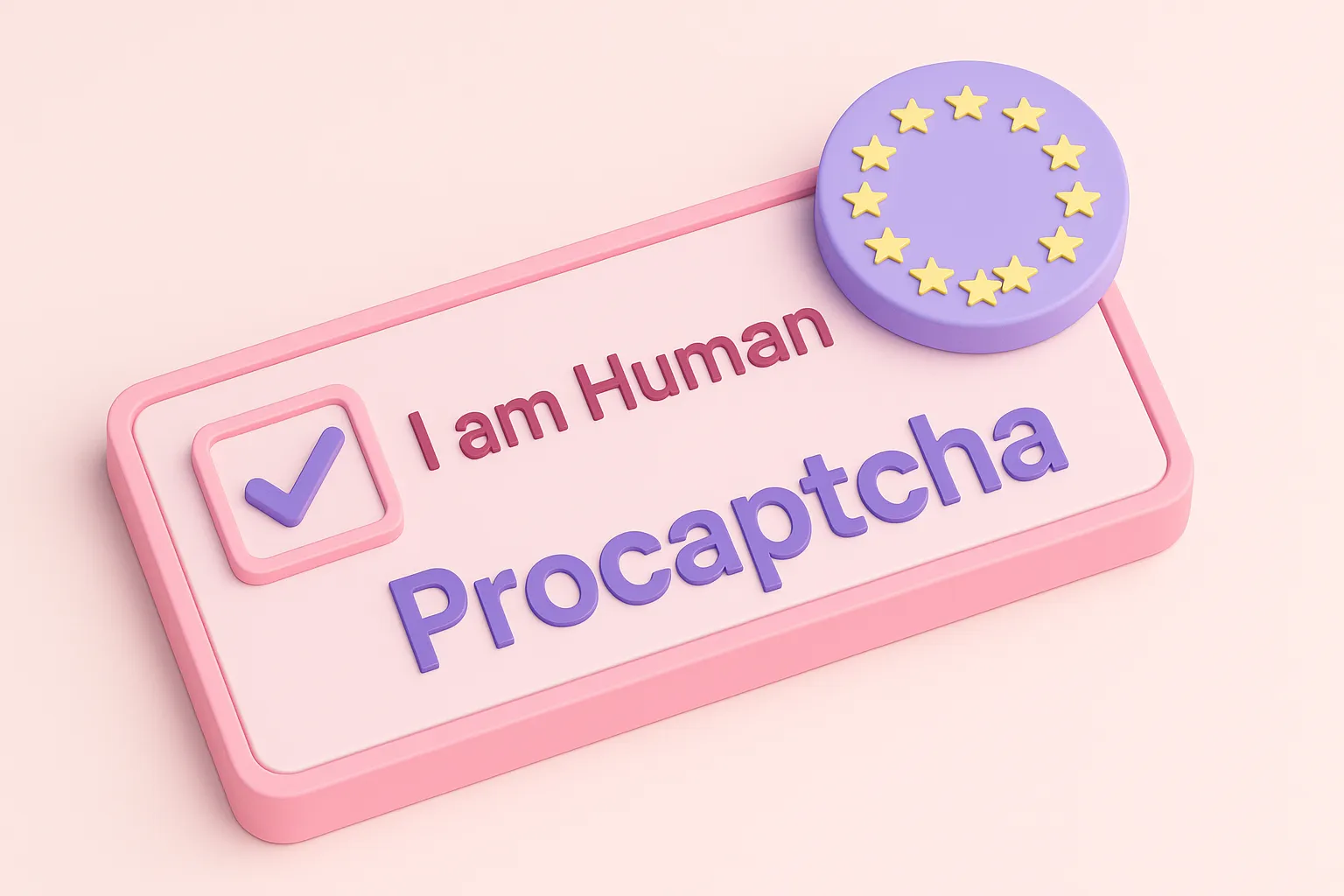
How to Make CAPTCHA GDPR Compliant & Protect Privacy
Tue, 08 Apr 2025

How to Integrate CAPTCHA Without Violating User Rights
Sat, 12 Apr 2025

How to Choose a GDPR-Friendly CAPTCHA for WordPress
Fri, 18 Apr 2025
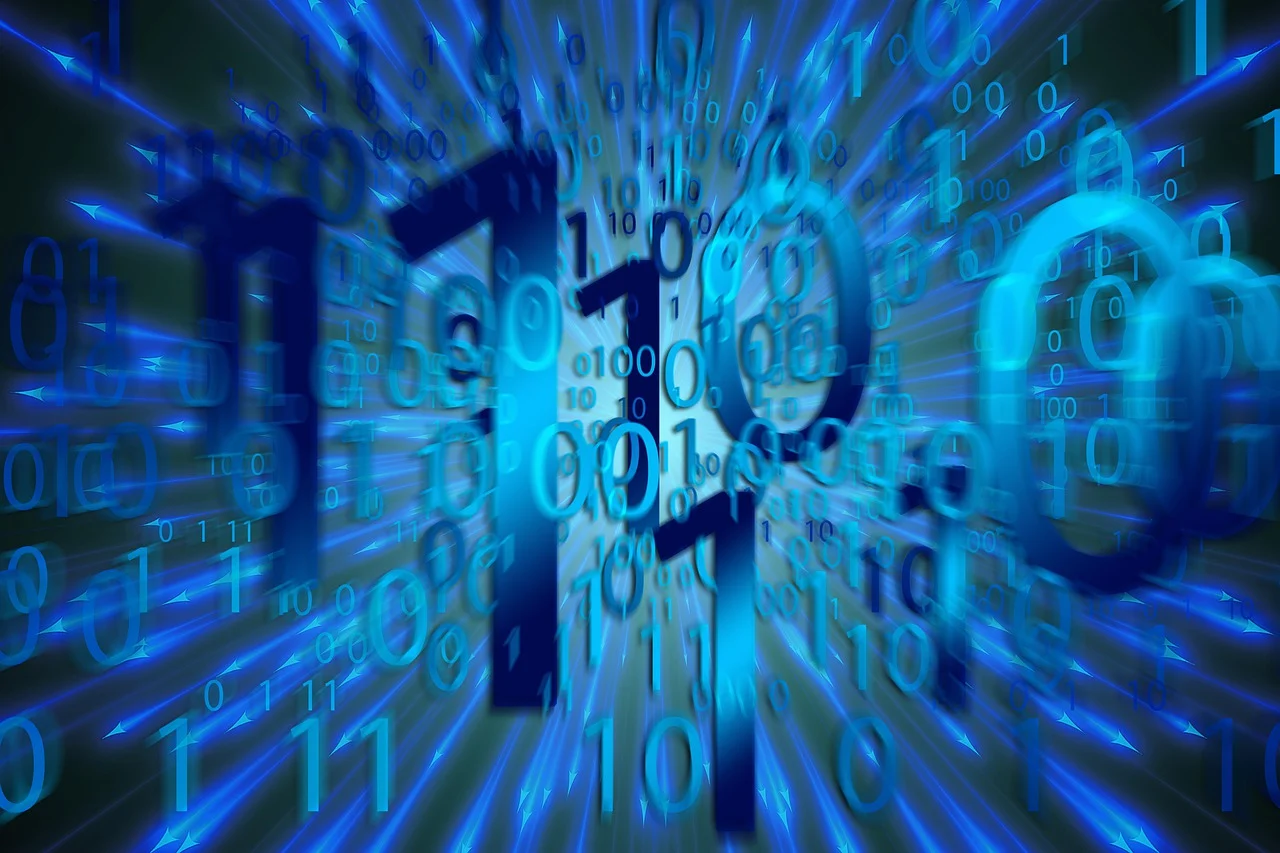
How Does CAPTCHA Collect User Data? The Reality
Fri, 25 Apr 2025
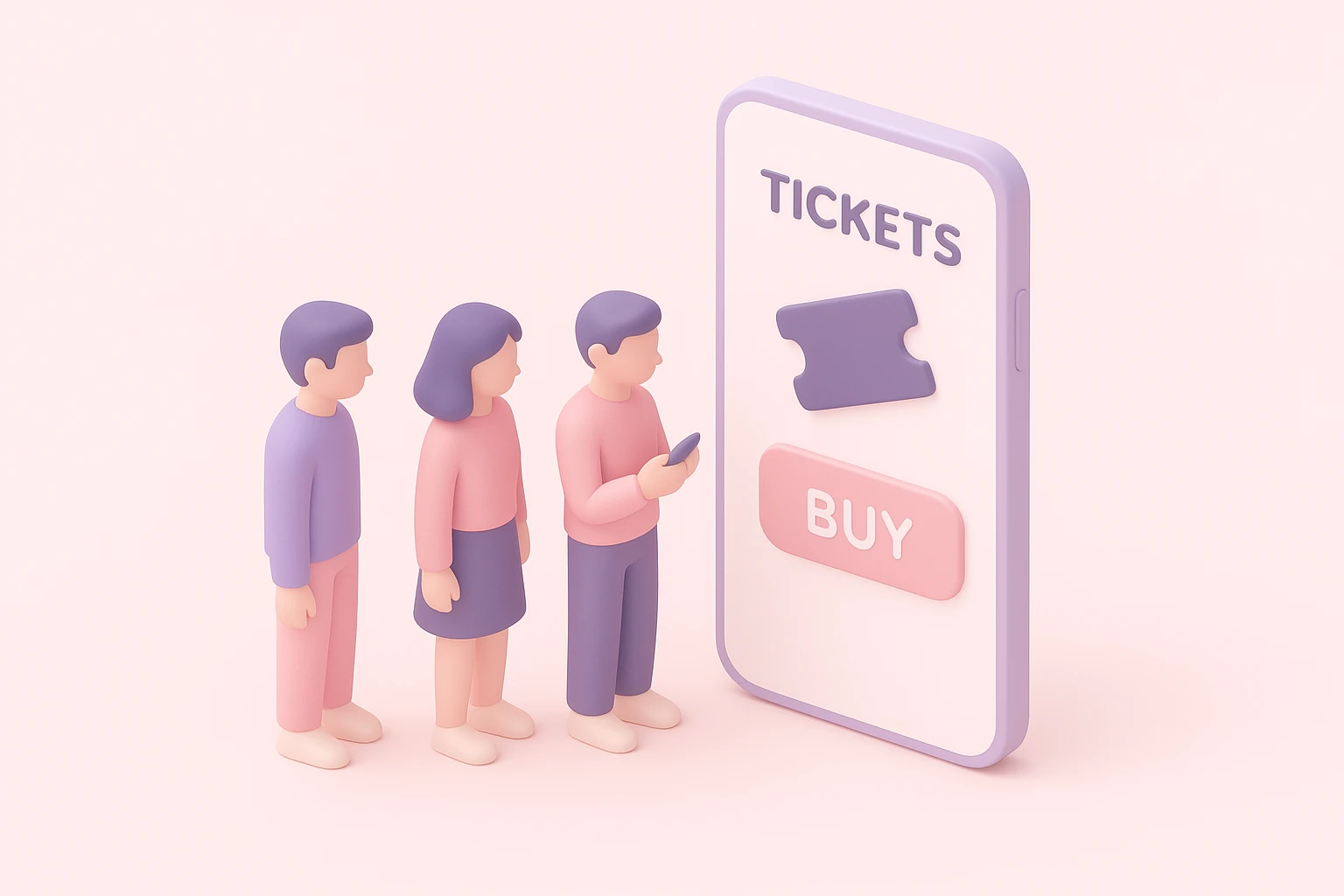
🎫 Preventing Ticket Bots - The Battle for Fair Access
Sun, 02 Nov 2025

Survey Companies Are Having Their Data Compromised by AI Bots
Tue, 25 Nov 2025

What is the best value CAPTCHA in 2024?
Sat, 13 Apr 2024
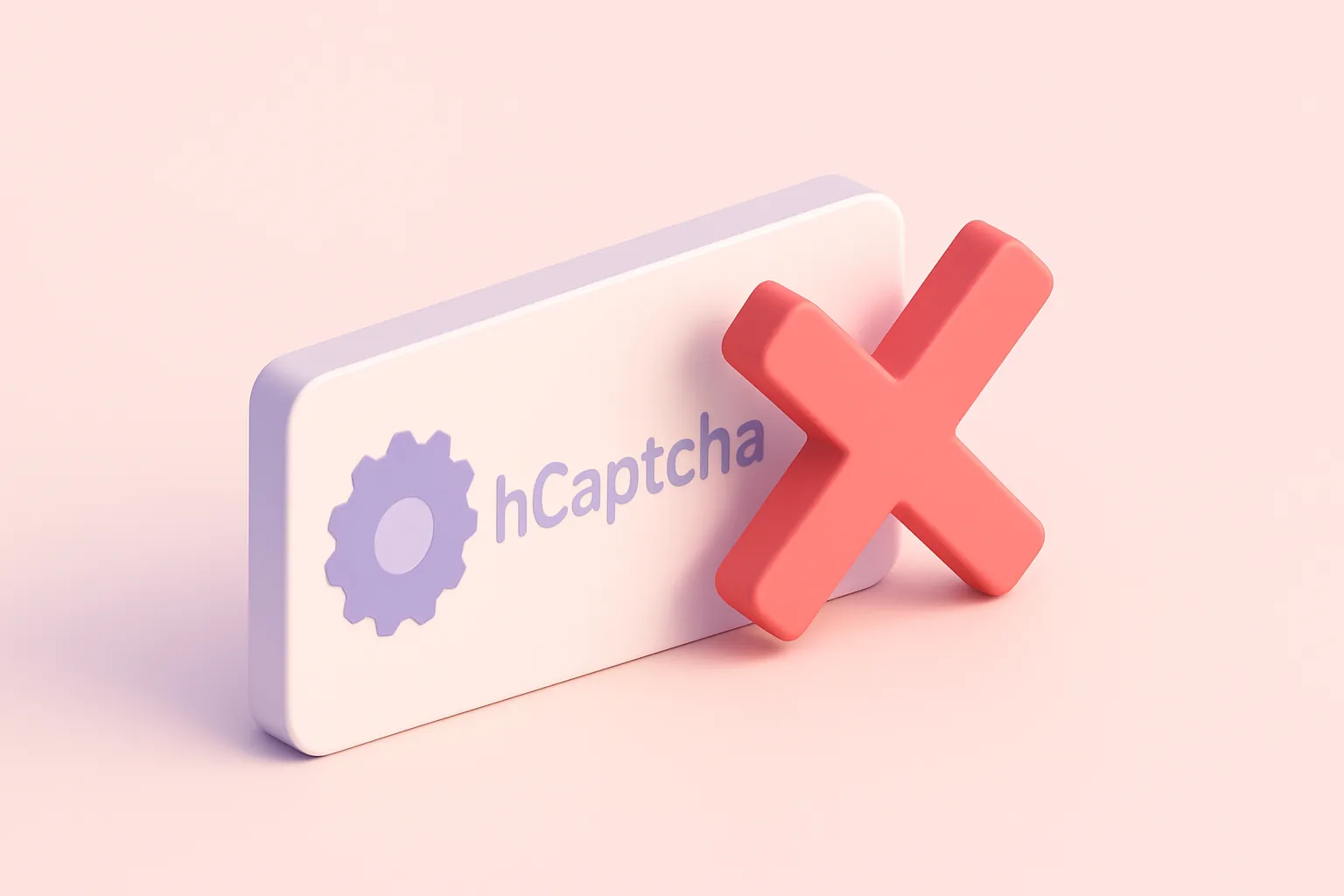
hCaptcha and GDPR - Privacy Claims Warrant Scrutiny
Tue, 22 Apr 2025
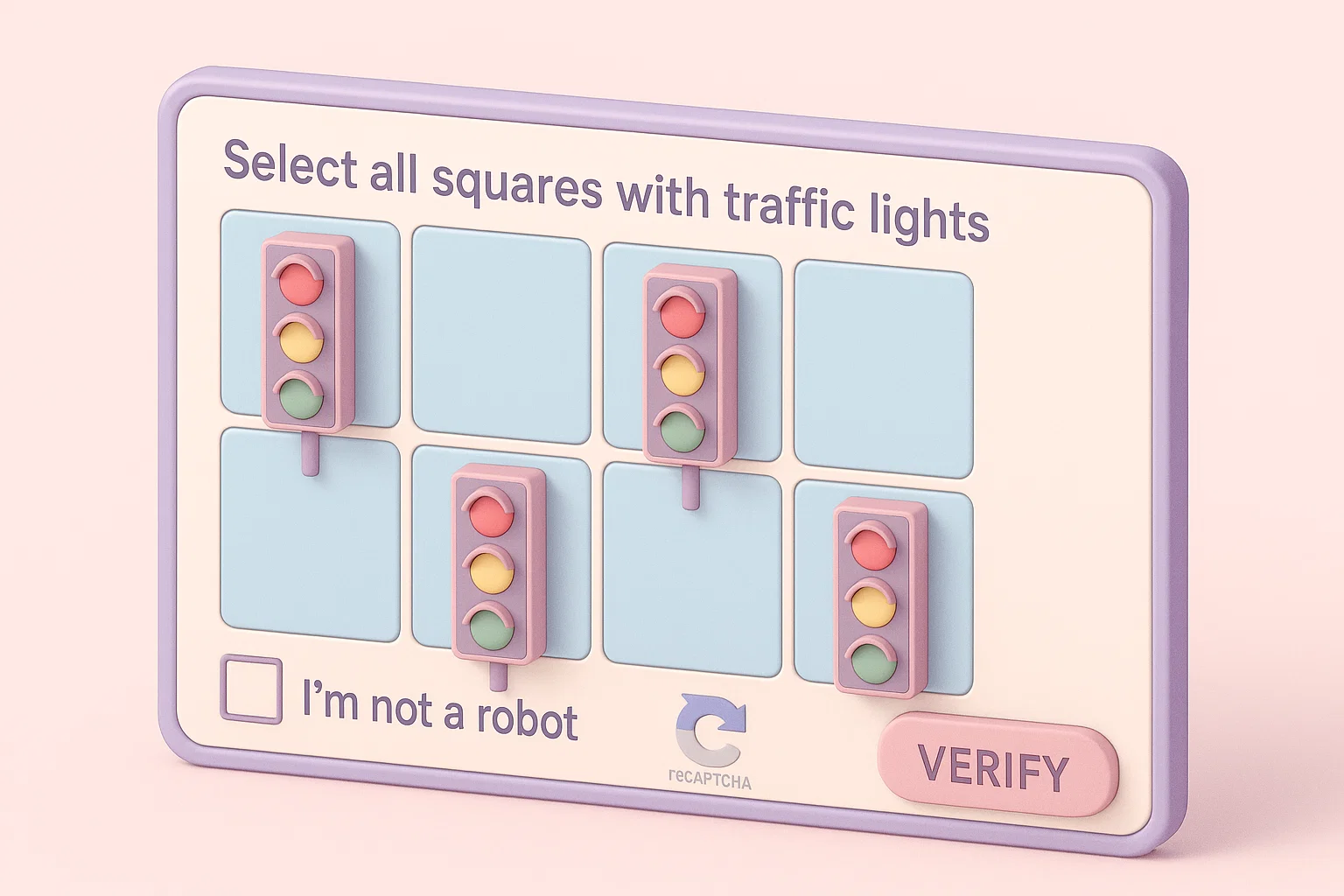
Why am I clicking traffic lights? The reason Google reCAPTCHA frustrates users
Fri, 15 Mar 2024

Procaptcha vs Friendly Captcha - Why Real Bot Protection Matters in 2026
Wed, 13 Aug 2025

How to Add CAPTCHA to Fastly CDN
Tue, 20 Jan 2026

